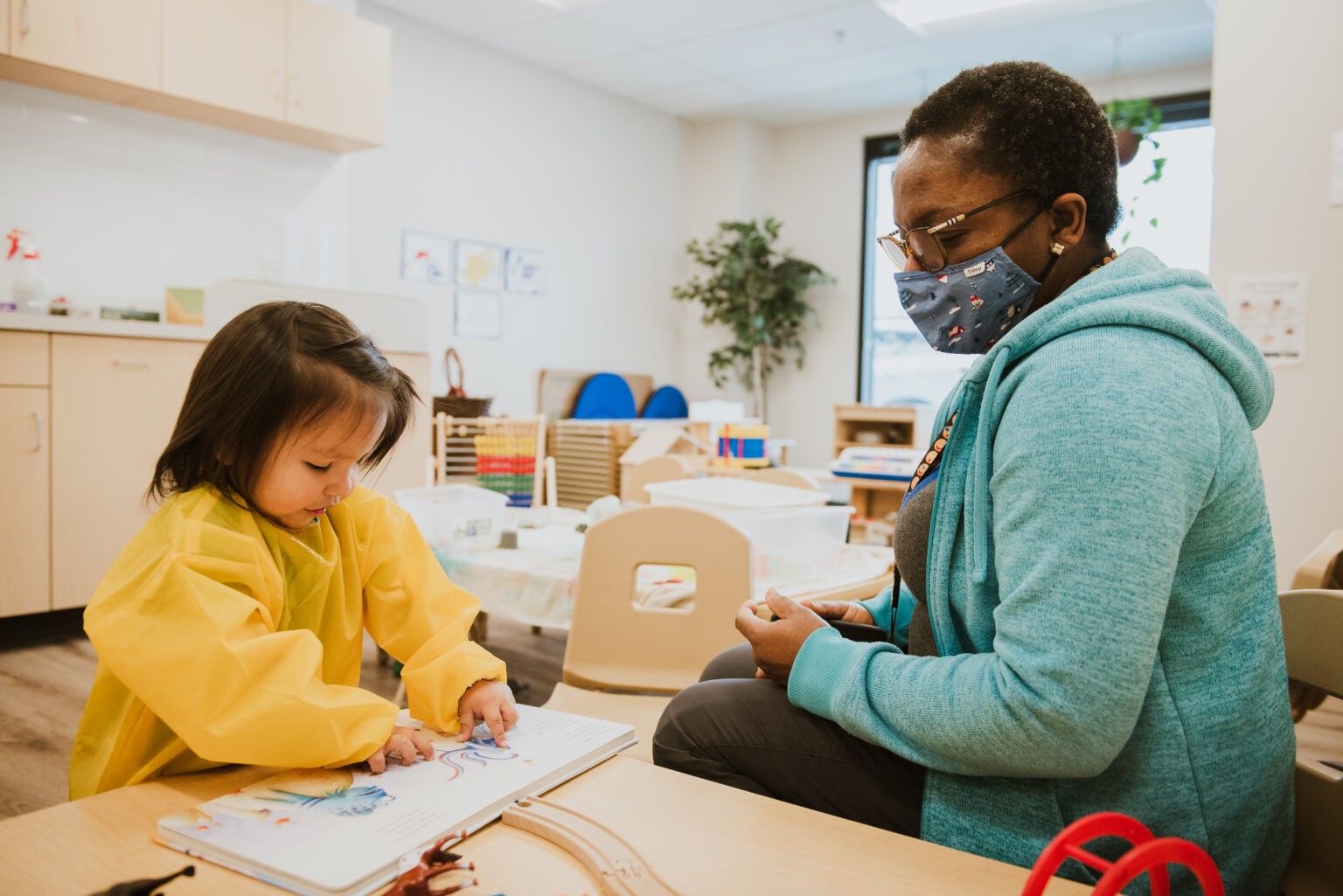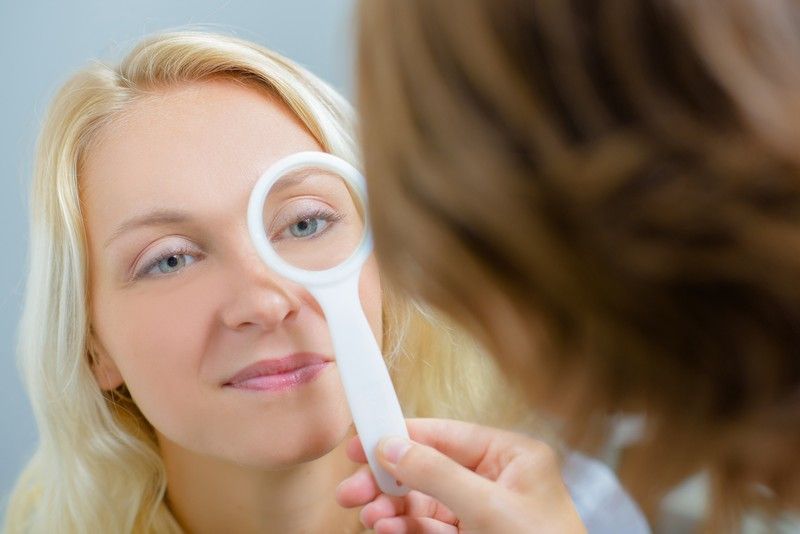

I was told in short order that I'd had a stroke of the eye, of the optic nerve, that I'd never get the vision in my right eye back and that I had to live with the risk forever more that it would happen to my left eye. And I thought, OK, someone will give me a pill or a drop or eye calisthenics or - I don't know. You know, I mean, I'm a boomer with that sort of boomer invincibility and faith in medicine's progress and remedies. Even then, I thought, OK, this is going to be fixable. Then I thought, oh, no, it's my eyeglasses - I just have to clean them - and on and on, until deep into the day, I realized there was something wrong beyond all of that. And I thought for hours that there must be some gunk in my eye, or maybe I'd had too much to drink the night before. There was a fog, a dappled fog, over the right side of my field of vision. How was your vision changed when you woke up in the morning?įRANK BRUNI: There was - it was the strangest thing, Terry. And you mean that figuratively and quite literally. You write on the first page, (reading) I went to bed seeing the world one way I woke up seeing it another. GROSS: Well, let's get to your eye and to your new memoir.

GROSS: Frank Bruni, welcome to FRESH AIR. It's physiological and professional adaptations he's had to make is called "The Beauty Of Dusk: On Vision Lost And Found." He's now a professor at Duke University. The prognosis - his vision in that eye would never return, and he was at risk of having another stroke in his good eye.

It was eventually diagnosed as a rare stroke in his eye that irreparably damaged his optic nerve. That morning, after blaming his suddenly blurred, smeary vision on a hangover, he realized the problem was his eye. Let's get back to why he woke up one day realizing it was ludicrous to think he had control over his own life. You can see he's written about life from several perspectives. Bush, about his passion for food and his struggle with his weight, and the crazy-making process of applying to colleges and the fear of not getting into the right one. He'd previously been the film critic for the Detroit Free Press and a Pulitzer Prize nominee. He also covered the candidacy of George W. Prior to that, he was The Times' chief restaurant critic, a position he was offered after serving as Rome bureau chief and White House correspondent. He's a contributing opinion writer for The New York Times who recently stepped down as a full-time columnist. Before I tell you why, let me tell you more about Frank Bruni. He says that one night he went to bed believing he was more or less in control of his life, but woke up to the realization of how ludicrous that was. Today we're going to feature an interview we enjoyed that few of our listeners heard because we featured it on a day that our show ended up being preempted on most stations by the Katanji Brown-Jackson confirmation hearings. Unusual red eye high blood pressure related eye problems diabetes mellitus related eye problems HIV or AIDS patients who can have eye problem in future need to consult an ophthalmologist as soon as possible to save their sight.This is FRESH AIR.

Loss of peripheral (side) vision misaligned eyes new floaters (black "strings" or specks in the vision) and/or flashes of light pain in the eye thyroid disease-related eye problems (Graves' disease) Patients having eye problems like bulging of one or both eyes dark curtain or veil that blocks vision decreased vision, even if temporary ĭistorted vision double vision excess tearing eyelid abnormalities family history of eye disease halos (colored circles around lights) injury to the eye He/she is medically trained to deliver total eye care: primary, secondary and tertiary (i.e., vision services, contact lenses, eye examinations, medical eye care and surgical eye care), diagnose general diseases of the body and treat ocular manifestations of systemic diseases. Ophthalmologists is a physician who specializes in eye and vision care.


 0 kommentar(er)
0 kommentar(er)
